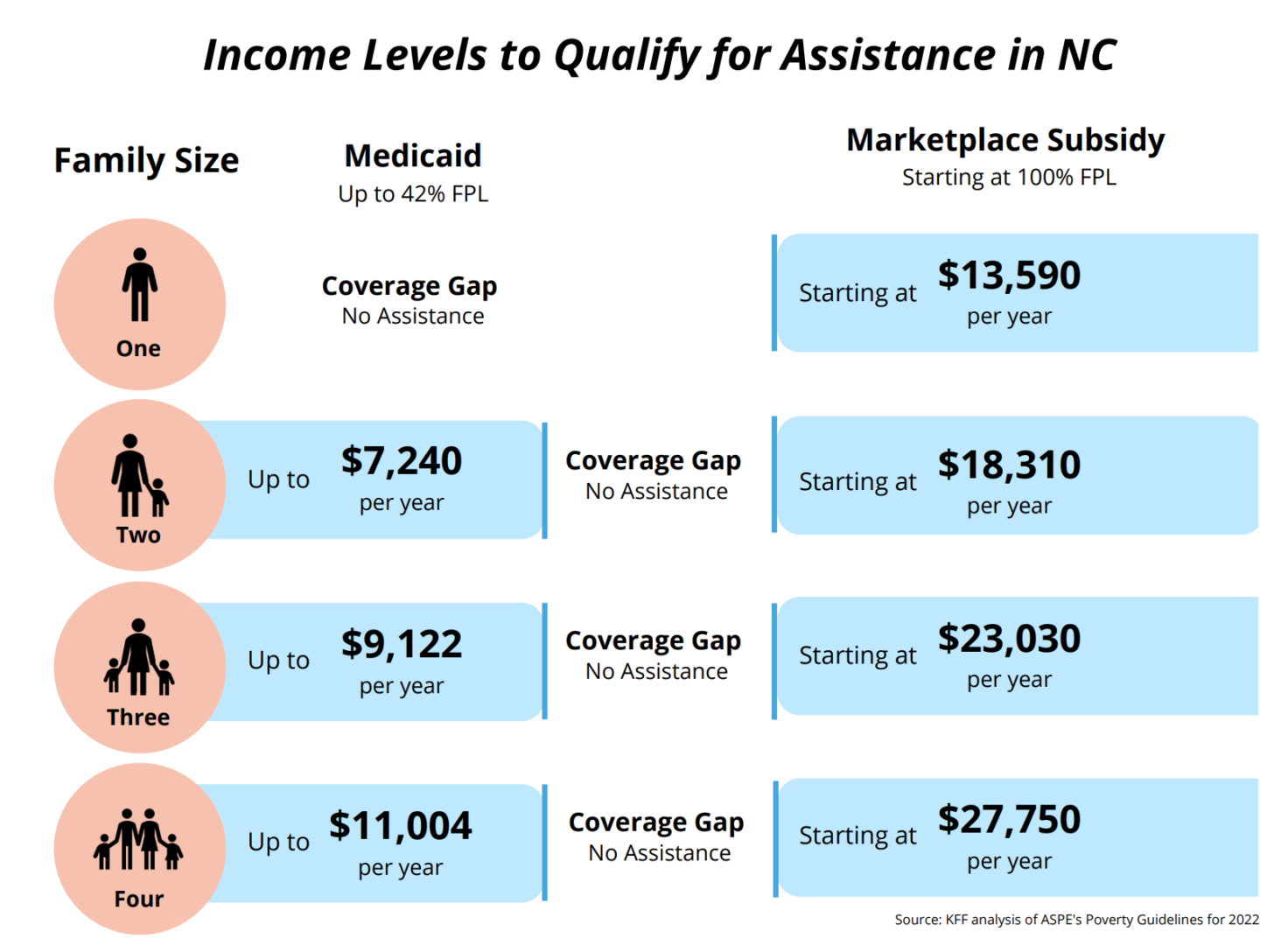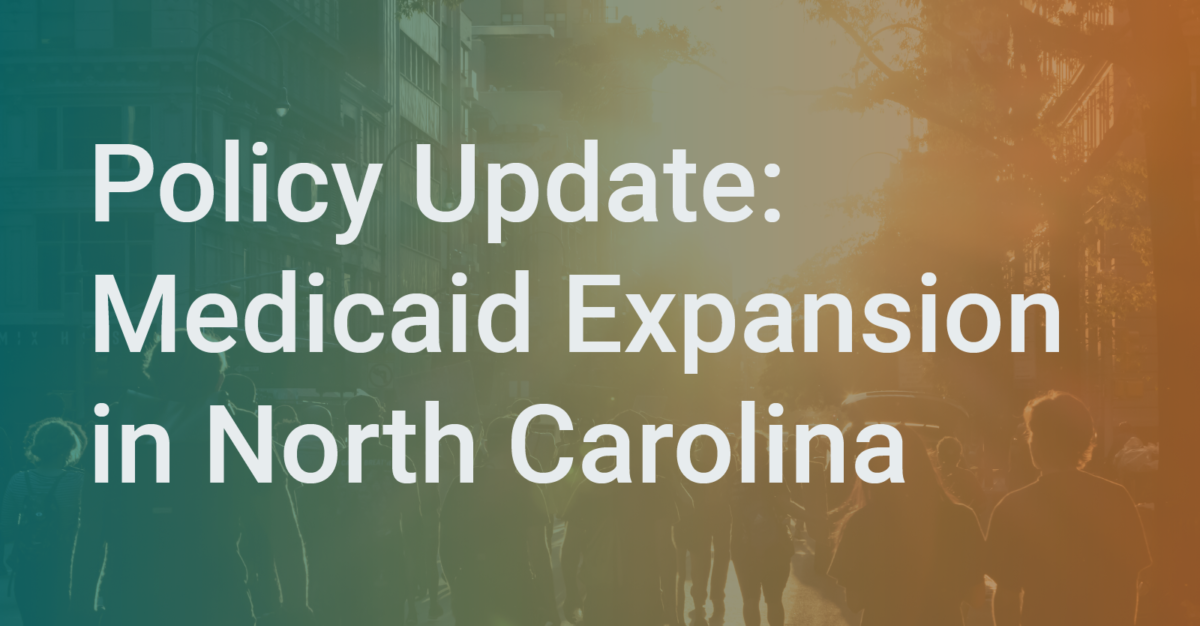For years, Medicaid Expansion in North Carolina has been health advocates’ proverbial white whale. When it comes to policy changes that could dramatically improve access and equity in health care across the board, Medicaid Expansion would be a huge step in a positive direction.
North Carolina has unfortunately remained among the 11 states across the country that haven’t expanded Medicaid since its enabling federal legislation, the Affordable Care Act (ACA), was signed into law in 2010.
A Fresh Opportunity for Medicaid Expansion
As the 2023-2024 legislative session kicks off, members of the state House of Representatives are striking a new tune. On Feb. 8, 2023, Three Republican representatives and one Democrat filed House Bill 76, which will expand Medicaid in the state if passed into law.
A bipartisan group of 49 legislators had signed onto the bill as co-sponsors. On Feb 15, the bill passed its first two votes in the North Carolina House before passing its third and final vote on Feb 16. Now, the legislation is in the North Carolina Senate’s hands. If it passes through the upper chamber, it will head to Governor Roy Cooper’s desk to be signed into law.
North Carolina is one of 26 states (including Washington, D.C.) to offer extensive oral health benefits to both children and adults with Medicaid insurance. Because of this, anyone who gains coverage under Medicaid Expansion would gain oral health benefits.
What is the Coverage Gap?
The ACA enabled Americans to purchase health insurance through a government-managed marketplace, known as the “exchange.” To qualify for health insurance and tax credits through the exchange, individuals or families must earn enough income to be at or above the federal poverty level (FPL).
In North Carolina, Medicaid insurance only kicks in at or under 42 percent of the FPL, meaning anyone between 43 and 100 percent of the FPL have no options for health insurance. This is the coverage gap.
For example, a single parent with one child would need to earn $18,310 per year to qualify for tax credits and health insurance through the exchange. If they earn less than $18,310 but more than $7,240, however, no insurance options would be available.

Source: Care4Carolina
Medicaid Expansion was a provision of the ACA. Unlike the exchange, expansion was made voluntary on a state-by-state basis. States that choose to expand Medicaid fill in that gap, offering Medicaid services to anyone up to 100 percent of the FPL.
By The Numbers: Expansion’s Potential for North Carolina Health
More than 500,000 North Carolinians stand to gain health coverage if Medicaid Expansion is passed. Of those who would gain coverage, more than three quarters are employed and one in three are parents.
Financially, North Carolina stands to gain significantly if it closes the health care coverage gap. By expanding Medicaid, North Carolina could:
Create 37,200 jobs
Bring $4 billion in federal funding into the state every year
Save businesses $1,685 in lost productivity per employee per year
A Long Road Ahead for 2023 Medicaid Expansion
Senate Majority Leader Phil Berger has signaled that his chamber may not be as eager to take up the House’s version of Medicaid Expansion. There are several provisions that appeared alongside expansion in a Senate proposal during the 2021-2022 session that are not part of this year’s bill.
As House Bill 76 moves through the chambers, elected officials will have several chances to add or amend the legislation’s text. The NCOHC team is tracking this legislation and will post updates as it moves forward, so be sure to stay tuned for updates.
NCOHC, a program of the Foundation for Health Leadership & Innovation, works to advance systems-level changes, improving the overall health and well-being of all North Carolinians by increasing access and equity in care. To stay up-to-date and get involved, join us today as a North Carolinian for Change.


